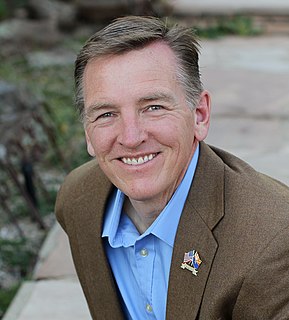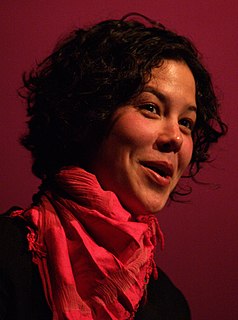A Quote by Rohini Nilekani
We must incorporate climate modelling in future plans and investments. Whether it is policies on crop procurement, skilling and job creation, urbanisation or even beach tourism, climate adaptation pathways will have to be imagined.
Related Quotes
... universal adoption of the institutions of the free society would better enable adaptation to climate both now and in the future. It would also ensure that, if at some point in the future, a real catastrophe, whether human-induced or otherwise (including climate change), does loom on the horizon, humanity would be in a better position to address it.
We promote new fossil fuel infrastructure, from airport expansion and coal mines in the U.K. to oil pipelines in the U.S. Investments are meant to build and secure our shared future - but all these fossil fuel investments are directly fuelling the climate crisis that threatens to undermine that future.
Despite the international scientific community's consensus on climate change, a small number of critics continue to deny that climate change exists or that humans are causing it. Widely known as climate change "skeptics" or "deniers," these individuals are generally not climate scientists and do not debate the science with the climate scientists.
We now know that climate action does not require economic sacrifice. This is fully in line with the World Bank Group's findings. It is up to all of us to make smart policy choices that will help combat climate change. For example, putting a price on carbon is a necessary step and could drive resources and investments to a cleaner economy.





































